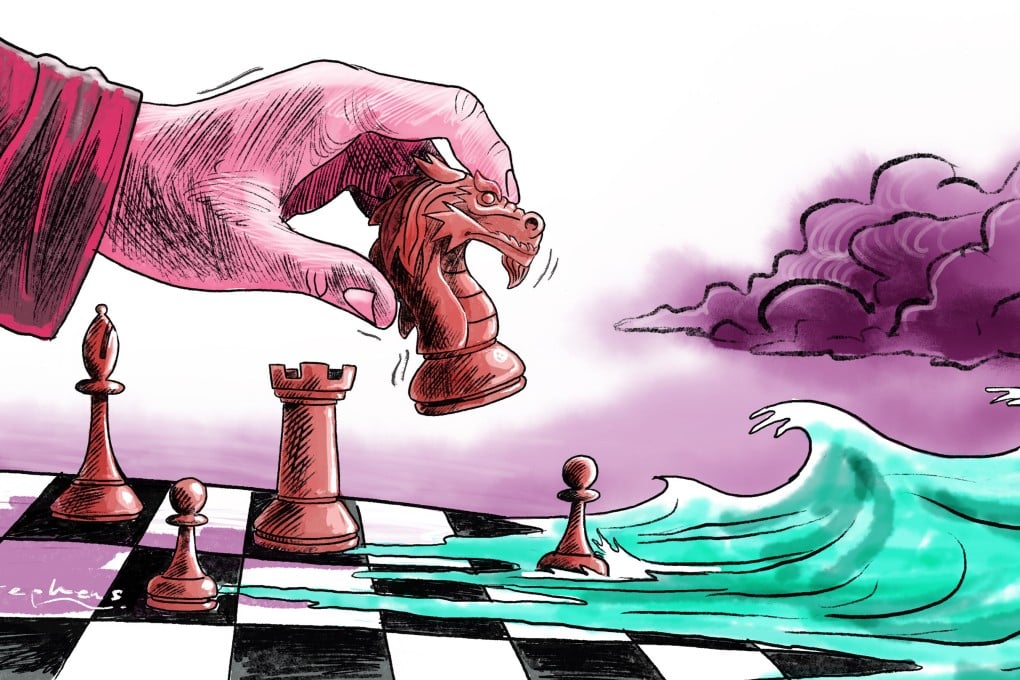Advertisement
Opinion | As South China Sea trigger points grow even beyond US control, what will China do?
- US military support for China’s rival claimants and their ramping up of oil and gas projects in the region are creating more flashpoints
- The ball is in China’s court. Will it continue to press until a clash ensues or recalculate its strategy?
Reading Time:4 minutes
Why you can trust SCMP
10

The close encounter last week between a Chinese jet fighter and a US reconnaissance plane over the South China Sea has become part of the new normal there. Despite the media hype, the danger of such incidents has subsided somewhat since the fatal 2001 collision.
In that incident, the Chinese jet fighter crashed, killing its pilot, while the US intelligence collection plane made an emergency landing in Hainan. The 24 US crew members were held for 11 days until the United States issued an ambiguous apology. This incident sparked an international crisis, raising US-China tensions almost to the breaking point until cooler heads prevailed.
Fortunately, none of the recent US-China plane encounters have sparked military action; they have become almost routine. As the commander of the US Navy mission in last week’s close encounter said: “It’s [just] another Friday afternoon in the South China Sea.”
Having said that, the flashpoints are multiplying and this is of concern.
US-China relations and military communications are at a nadir, and China’s rival claimants – Indonesia, Malaysia, the Philippines and Vietnam – are pushing back militarily and integrating US support into their response to China’s policies and actions.
To the rival claimants, China’s increasing enforcement of its discredited “historic” line claim is over the top. An inability to respond would not only threaten their petroleum development plans, but also their leaders’ credibility. Indeed, these Southeast Asian countries are increasingly driven by a dangerous brew of face-saving, economic need and nationalism.
Advertisement
